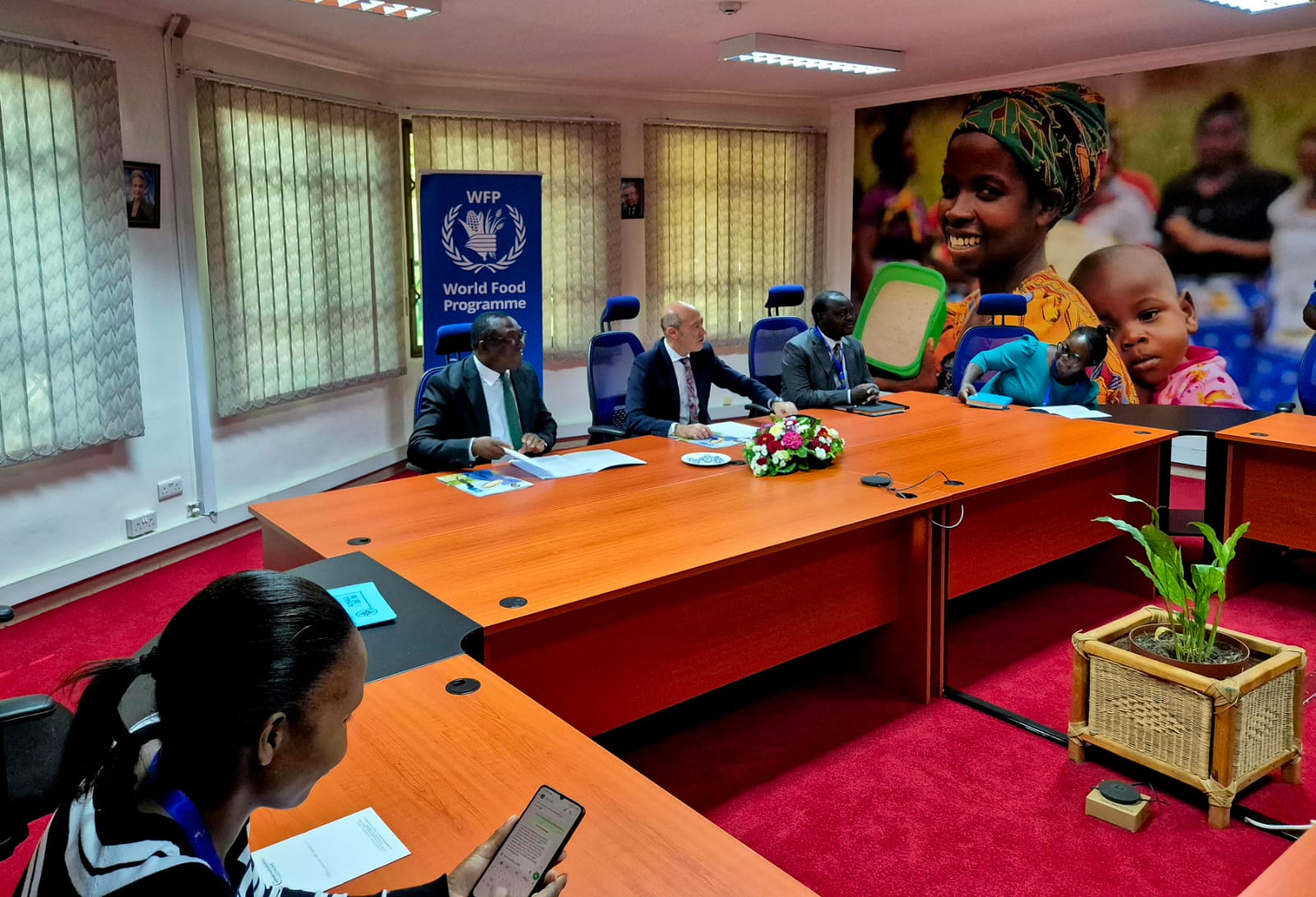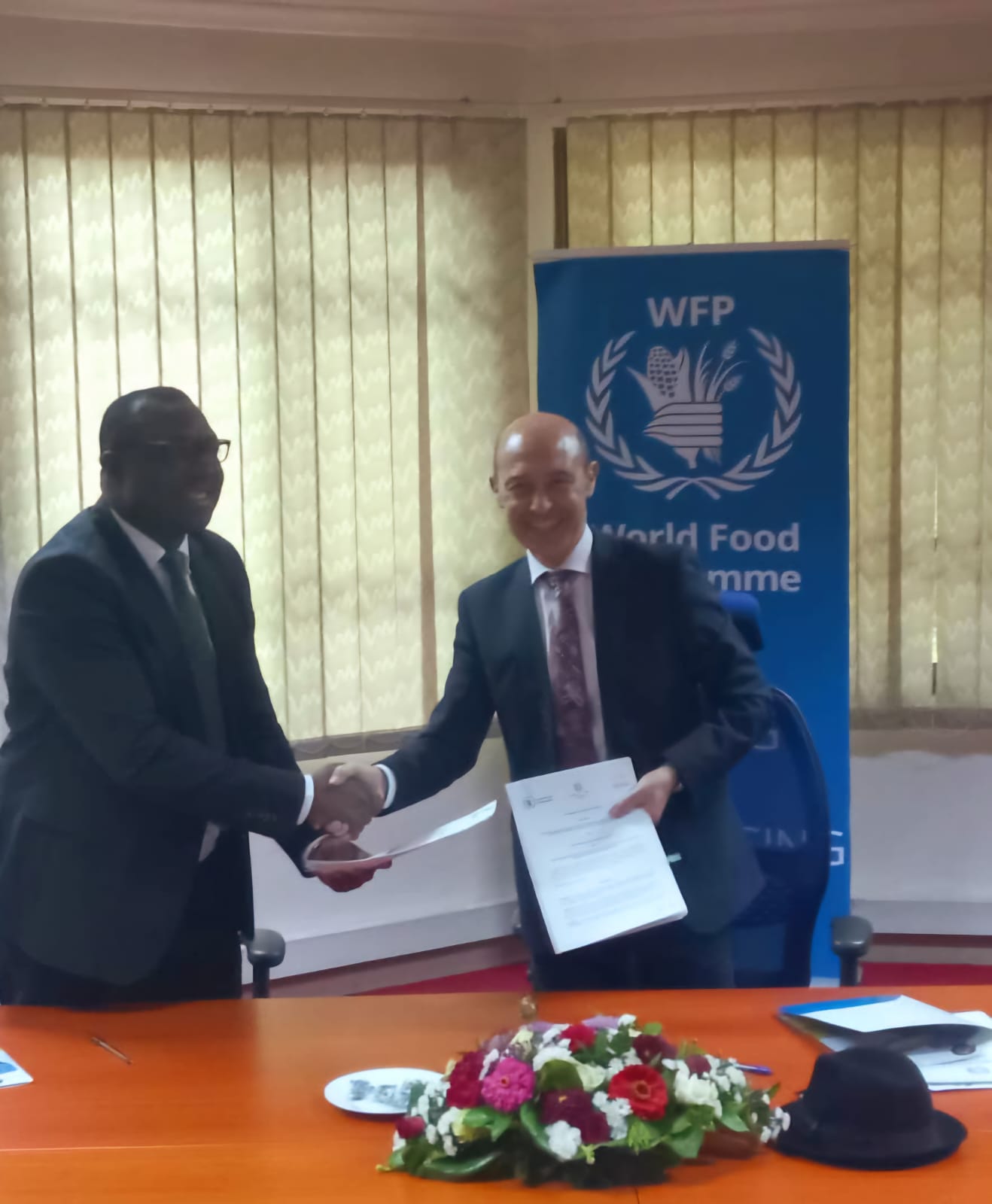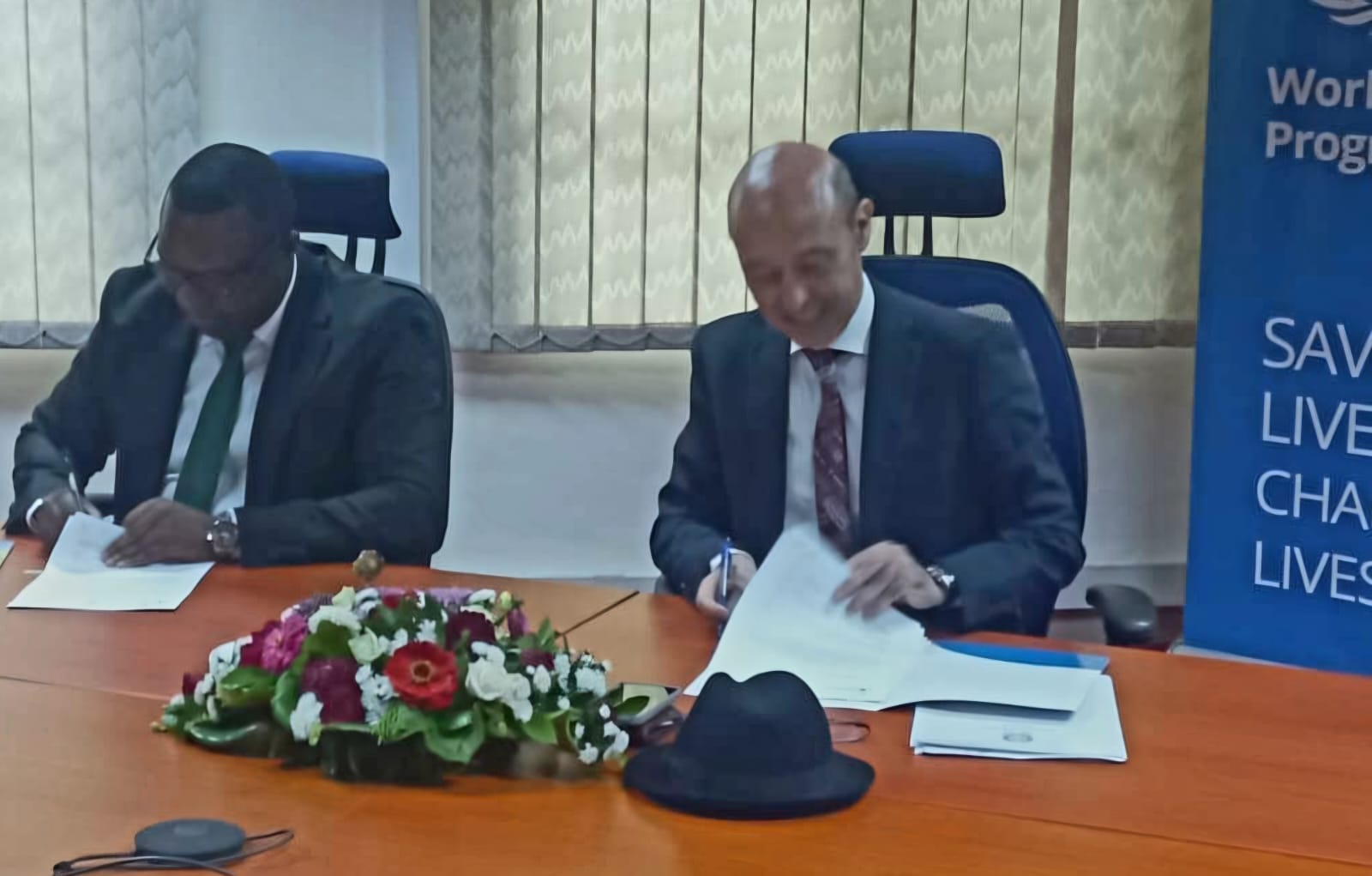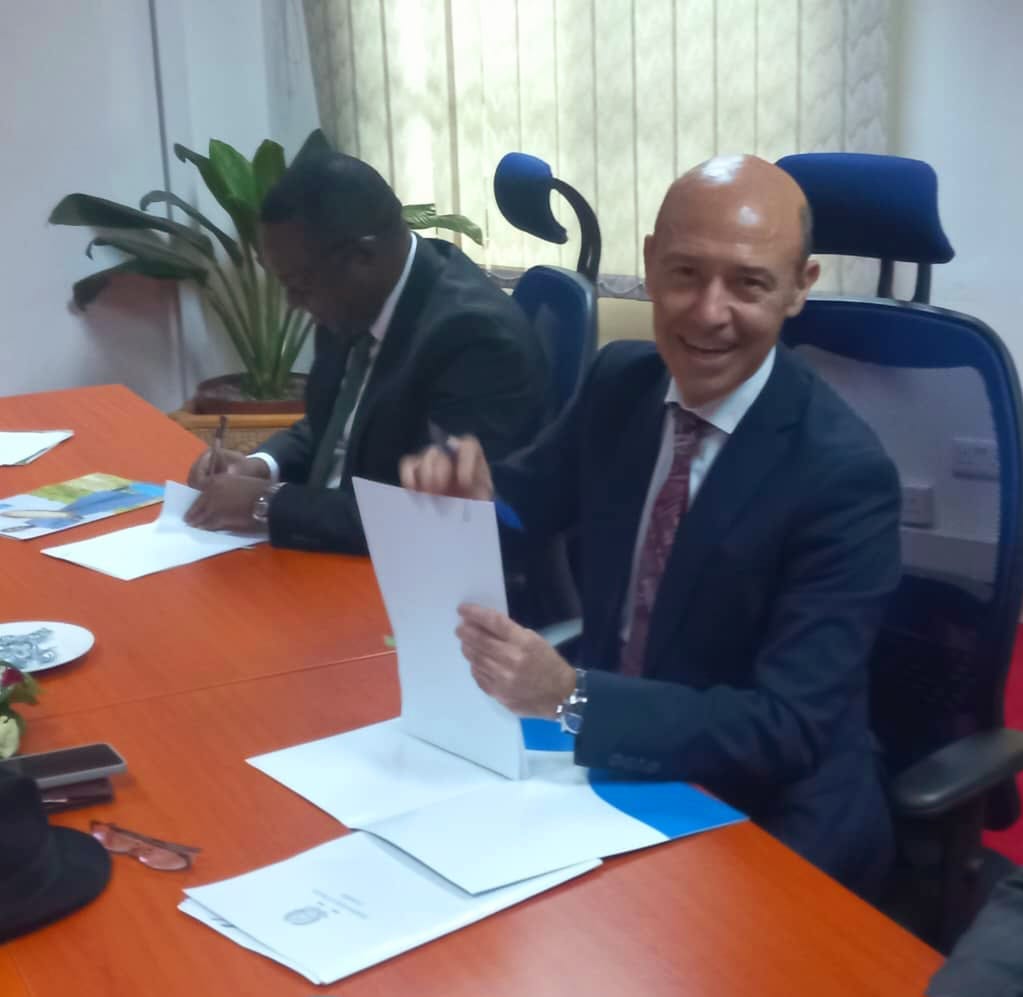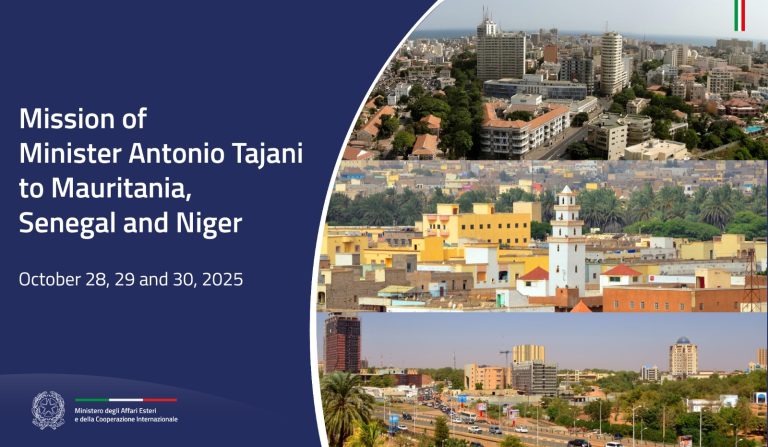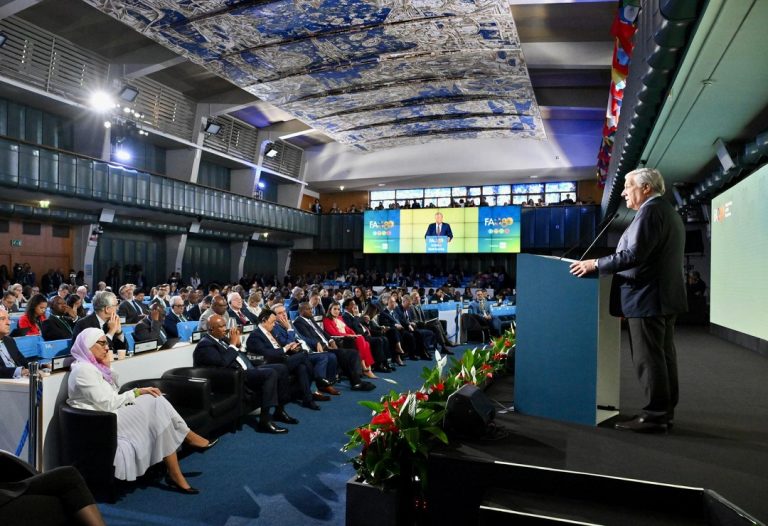A signing ceremony was held in Lilongwe for the Agreement providing a €4 million contribution to support resilience and food security for school meals in Chikwawa district, Malawi. The event was attended by Ambassador Enrico De Agostini and the Secretary-Generals of the Malawian Ministries of Education and Agriculture.
The project, approved by the Joint Development Cooperation Committee on 16 December 2024, is implemented with the executive contribution of the Italian Agency for Development Cooperation. It is now being launched thanks to an operational partnership with the World Food Programme (WFP), with the aim of expanding the impact of the Home-Grown School Feeding Programme promoted by WFP. The initiative seeks to enhance agricultural productivity and increase the supply of nutritious school meals prepared with local products, thereby connecting schools with local farmers in Chikwawa province.
The project will benefit 20,855 primary school children, ensuring their access to healthy and diverse diets, improving food security, promoting resilient and sustainable agri-food systems that link nutrition and health, and supporting school attendance and learning outcomes. Additionally, approximately 500 farmers, including 350 women, will benefit from the initiative.
Aligned with the strategic priorities of the Mattei Plan for Africa, the Malawi National Support Programme II, the National Strategic Plan for School Health and Nutrition, and Agenda 2063, the initiative reaffirms the Italian Government’s commitment to the Zero Hunger goal. It promotes awareness of the importance of food security while also supporting climate-resilient local productivity and women’s empowerment. Malawi, and specifically the Chikwawa district, faces severe economic and climate challenges that exacerbate food insecurity and poverty for more than half of the population. For this reason, Italy is fully committed to working alongside Malawi to foster a virtuous cycle linking agriculture, education, nutrition, and locally defined, globally supported development pathways, placing people and communities at the heart of cooperation efforts.
“Investing in school feeding and agriculture lays the foundation for long-term benefits for children, farmers, and the economy as a whole, fostering self-sufficiency and stability,” stated Ambassador De Agostini.

